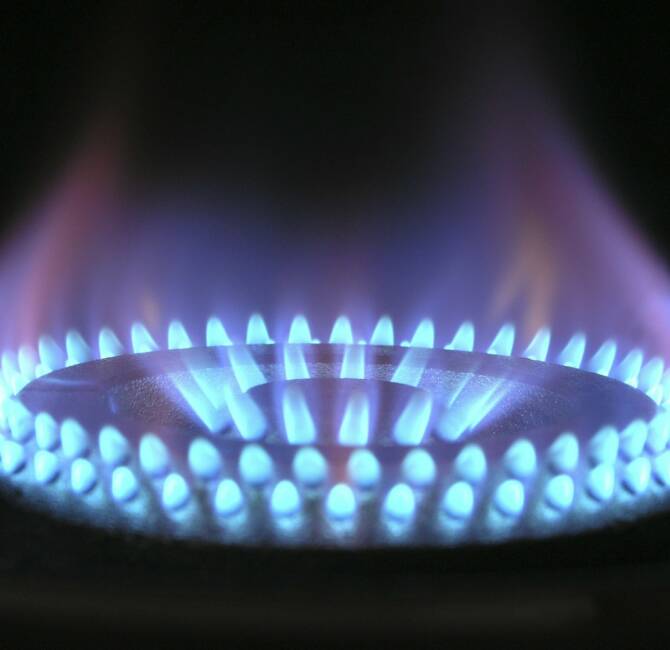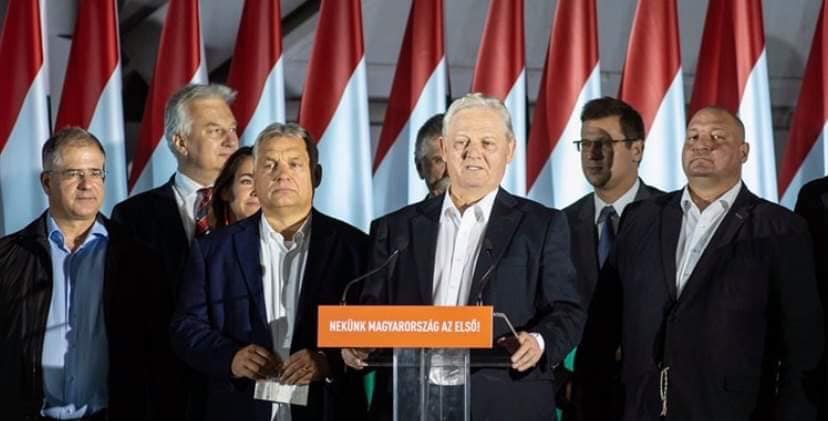Austria, Vienna – On Saturday, September 24, several European leaders such as German Chancellor Angela Merkel, Greek Prime Minister Alexis Tsipras and Hungarian Prime Minister Viktor Orbán, and representatives of Albania, Bulgaria, Croatia, Macedonia, Romania, Serbia, Slovenia, and the President of the EU Council Donald Tusk, were welcomed by Austrian Chancellor Christian Kern, for the Vienna Summit which main topic was the migration crisis, specifically the Balkan route.
Since the closure of the Balkan route, and the agreement between the European Union and Turkey, the number of migrants reaching Europe has drastically decreased. Thus, Mrs Merkel and Mr Kern discussed a strengthening of internal borders through the protection of borders agency Frontex, which is already at the external borders and appears to them to have proved its necessity and effectiveness.“We need to make sure, practically and politically, that the west Balkans route will remain closed to illegal migration for good,” EU Council President Donald Tusk said.
Also, Merkel proposed to make agreements with the countries of origin of migrants for the migrants whose asylum application was refused to be sent home. This follows the security problems faced by European countries which occurred due to excessive arrival of migrants and, among others, the saturation of many camps for the reception of migrants. The quota system will still be applied, and Mr Kern said, concerning this issue that divides the government, that he is “convinced that we will make progress on that when the first two things are solved, namely building up border protection (and) building appropriate support structures in countries of origin”.
Mrs Merkel meanwhile assured that every month Germany would take hundreds of migrants who will be transferred from Italy and Greece in order to relieve the two countries. “Athens is still able to more or less handle the situation. But the pressure is going to grow,” commented Mr Kern, which is the consequence of the closure of the Balkan route. Orbán proposed to transfer all illegal migrants to “big camps of migrants” on an island or North Africa, where their asylum demands would be processed and so we would avoid setbacks due to open camps.
Following the Vienna summit, Hungarian Prime Minister Viktor Orbán has spoken on the radio. Mr Orbán said that in Central Europe, there is unanimous agreement that these countries do not want to end up “like a good many European countries, who in a few years’ time could well have difficulty recognising themselves.” Concerning the Balkan route, the Prime Minister thinks that the migrant influx which Italy is currently enduring will revert to the Balkan route with the onset of autumn. We must be prepared to face such eventualities, and “have a second plan for the eventuality that the EU-Turkey deal, for whatever reason, collapses,” “when the migrants descend on us and trouble arrives it will be too late to reach for blueprints, for fences, for physical barriers, for new police and soldiers”.
According to Mr Orbán, it is not easy for Europeans to enter a world where everything is questioned: why the economic influence of Europe is decreasing, why its demographic indices fall, and why we have problems of “co-existing” with migrants? These are questions that the western European people have never had to deal before today, and when, “as European center with a sharp instinct,” Hungarians say “hey, there is something wrong here, ” the Western Europeans ignore those instincts. Now “it turned out that we were right, and people are now saying that even Center Europeans may be right.”
Mrs Merkel, who made more than a million people coming to Europe last year, has said she now accepts the arguments of countries such as Hungary for “flexible solidarity”, by which they could help in the migrant crisis in ways other than by taking in migrants.




